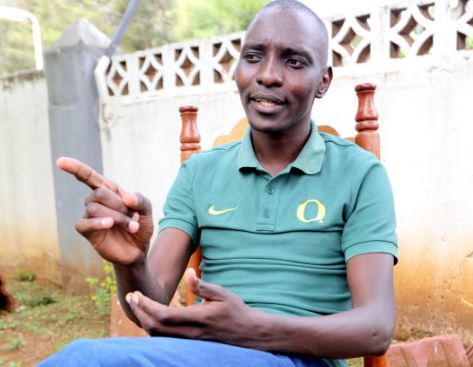×
The Standard e-Paper
Smart Minds Choose Us

There is no denying that Asbel Kiprop has magic on his feet. Long before he sprinted to the finish line and won the junior race gold medal at the 2007 IAAF world cross country championship, Kiprop had already made a name in Simat Village, Uasin Gishu County where he was born and raised.
He was known as the boy who would take off at sonic speed and leave his age mates dazed.